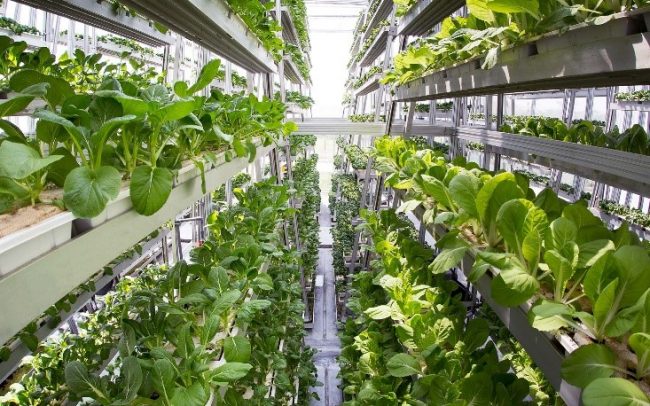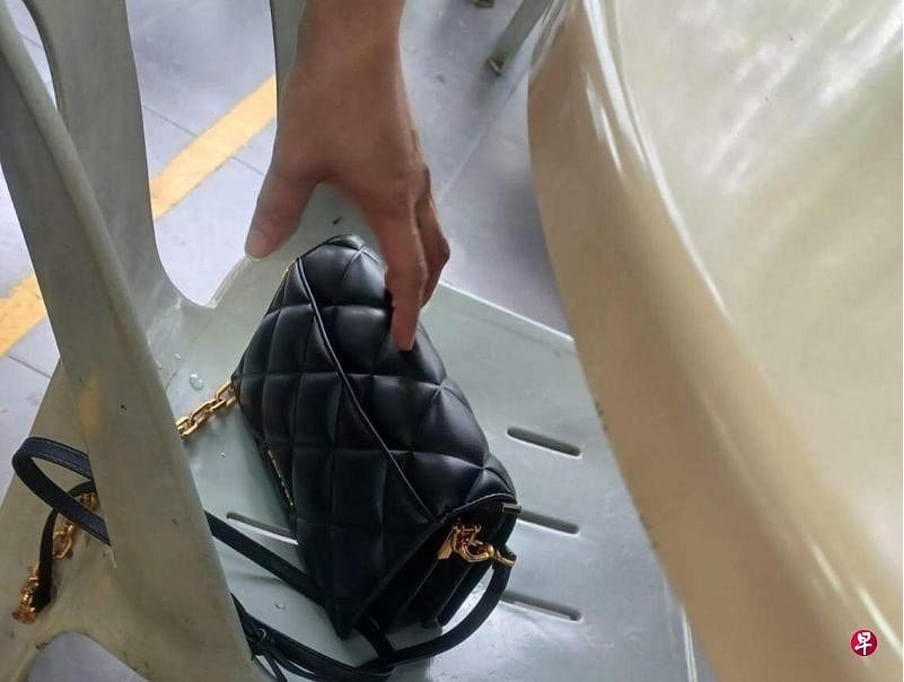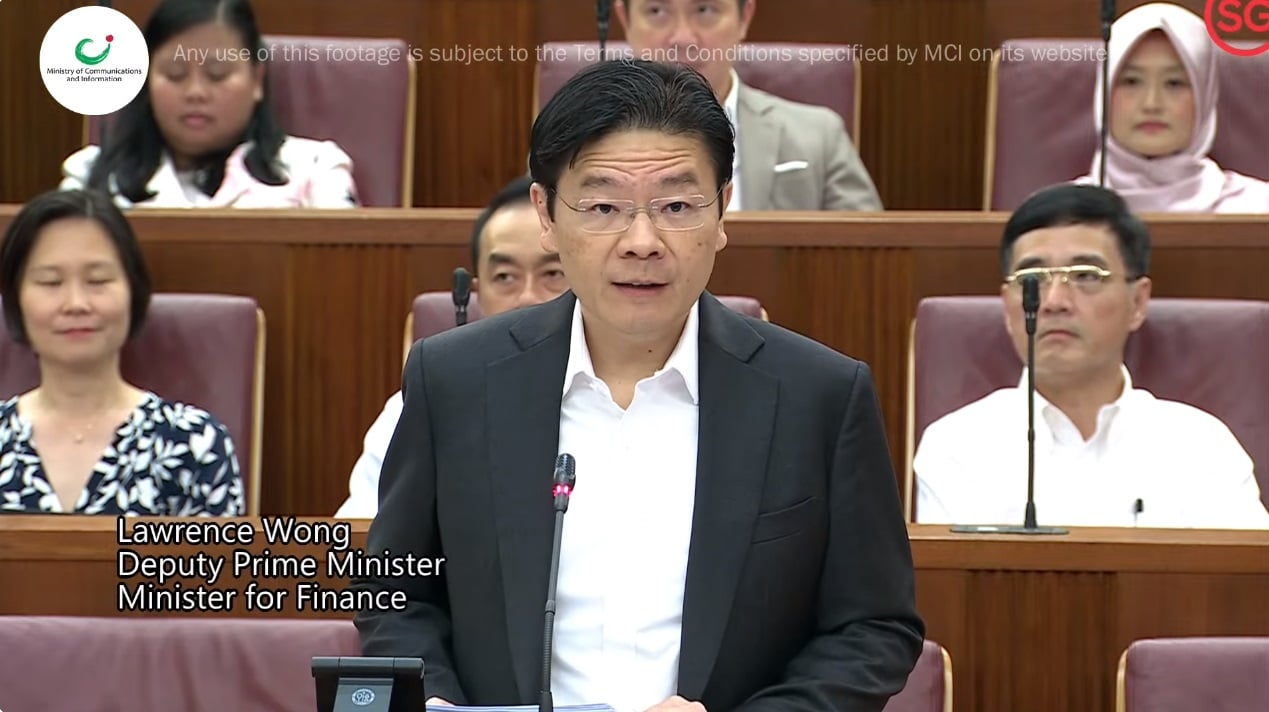
On 7 Mar, Environment and Water Resources Minister Masagos Zulkifli had announced Singapore Food Agency’s (SFA) aim to produce 30 percent of Singapore’s food needs by 2030.
Currently, Singapore imports over 90 percent of its food. As such, we are “exposed to the volatilities of the global food market,” Mr. Masagos said in his Committee of Supply speech in Parliament.
To achieve the target, Mr. Masagos added that the agri-food industry will need to adopt new solutions to raise productivity and that the Environment and Water Resources Ministry (MEWR) had laid out four ways to achieve it.
First, the usage of technology to grow more food with little resource. The use of such technology develops resource-efficient, climate-resilient and high-yield agricultural solutions, MEWR elaborated.
SFA will continue to support farmers by providing technical support, encouraging technology transfer and building capability. In addition, farmers can tap on the $63 million Agricultural Productivity Fund to co-fund systems for better environmental control and production capabilities.
Second, the Agri-Food and Veterinary Authority (AVA) will be looking into alternative spaces – vacant state buildings, rooftops, the deep sea, to grow food locally. This is to optimize the usage of the scarce land in Singapore.
Third, the development of local talent. Together with universities, SFA hopes to groom agri- and aqua- technologists and culturists, urban farming specialists, and researchers to meet Singapore’s future needs. At the same time, “this would create a a career progression pathway to attract young talent into the industry,” MEWR added.
Additionally, SFA will continue to engage Institutes of Higher Learning to develop related programs to meet the industry demand.
Lastly, getting consumers to support local produce. By choosing local produce, it supports and encourages local farmers to embrace technology and be more productive to meet Singapore’s demand.
Support local! Just like our water, Singapore then can be an agri-food hub and we would not have to rely heavily on other countries for food.
If you’d like to contribute your story to us, drop us an email at editors@sureboh.sg and we’ll review it. We read each submission that comes to us within two weeks of receiving it.





